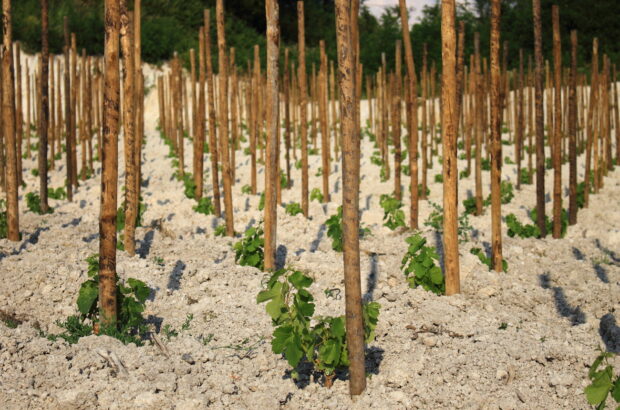Rosé winemaking methods
Jonathan Saunders, by email, asks: I understand that if you pick red grapes with the express purpose of making rosé by the direct pressing method, it should be a better wine than if you pick red grapes to make red wine and just bleed the pink juice off and ferment that (saignée method).
But how do I know this from the label?
Marcel Orford-Williams and Jo Locke MW, buyers at The Wine Society, reply: The simple answer is that there’s no way of telling which method was used, unless the bottle carries a decent back label explaining the process (which will be rare).
Many rosés these days will be somewhere between the two variants you described – ie, from vineyards not specifically planted for rosé, but produced by direct pressing (where the red grapes are crushed and the skins remain with the juice until the desired colour is reached and then discarded).
This is common in regions where rosé has become more popular and an easier sell for the producer than red, like the Loire. Over time more vineyards will be planted or trained to produce rosé.
But most Bordeaux rosé will be made by the saignée method, and these are certainly not any lesser quality than direct-press wines. Many estates do both, depending on the grape variety.
Making rosé is tricky and requires a great deal of skill. Most producers in the south of France will have earmarked particular vineyard plots for rosé. Often these will be young vines but some producers will allocate mature vines for their pinks.
The location of the plot is also important and one would be less likely to pick from a late-ripening vineyard.
The date of picking is also crucial: grapes intended for rosé will be picked earlier than for reds.
More questions answered:

How to chill wine quickly – ask Decanter
What's the quickest way to cool a bottle of wine?

Should you put ice cubes in wine?
What to do if your wine isn’t chilled enough...

Champagne corks – ask Decanter
Why do Champagne bottles have mushroom-shaped corks..?

Keeping decanters clean – ask Decanter
How do you keep your decanter crystal-clear over time?

Champagne fizz fading – ask Decanter
My Champagne never seems to have much fizz...

What is whole bunch fermentation? Ask Decanter
What does it mean for the wine...?

What is Pét Nat? – Ask Decanter
What is Pét Nat...?






